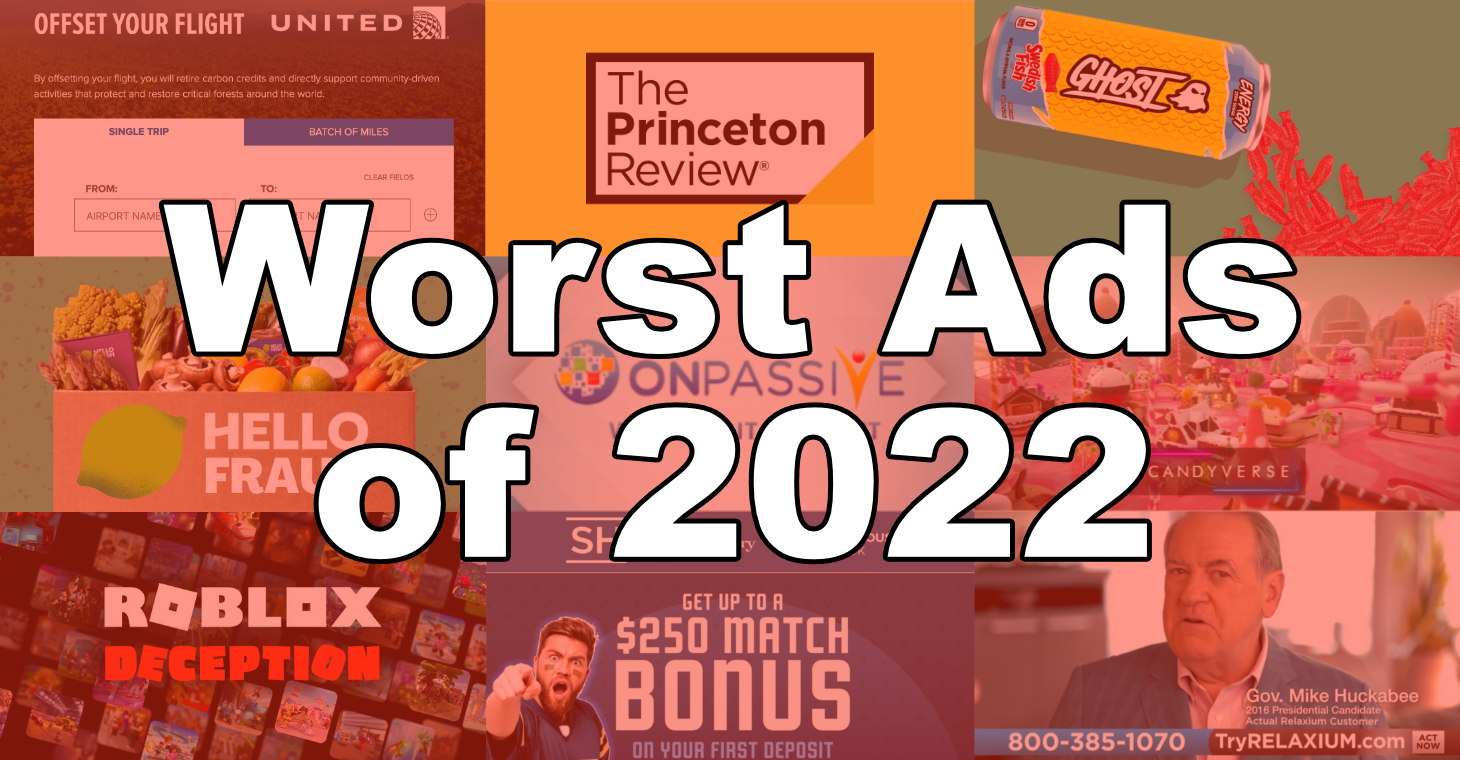
CATrends: ‘Free-to-Play’ Virtual Casino Games
Games are free to download but not to play, lawsuits allege.
WHAT’S UP
On Thursday, TINA.org joined with a number of U.S. consumer groups in urging the FTC to investigate the use of dark patterns and other deceptive marketing tactics to sell “loot boxes” in FIFA: Ultimate Team, the online version of the popular soccer video game franchise. The call to investigate the game’s publisher, Electronic Arts (EA), for possible violations of Section 5 of the FTC Act, which prohibits “unfair or deceptive acts or practices in or affecting commerce,” is being led by Fairplay, formerly known as the Campaign for a Commercial-Free Childhood, and the Center for Digital Democracy. It comes days after the publication of a report by the Norwegian Consumer Council, titled “Insert Coin: How the Gaming Industry Exploits Consumers Using Loot Boxes,” which details how EA and the publisher of another game, Raid: Shadow Legends, use dark patterns and other deceptive marketing methods to trick consumers, including millions of minors susceptible to manipulation, into purchasing loot boxes.
HOW WE GOT HERE
Designed to maximize spending in games, loot boxes are mystery packages with random items that players often obtain using virtual currency purchased with real money. Despite what the name implies, loot boxes in many instances contain items of little value. At the same time, loot box purchases are often the only viable option for players to advance in games, the alternative being to spend hours or days grinding (i.e., performing repetitive tasks to unlock levels or otherwise progress in a game). Worse, as the new report demonstrates, video game companies like EA employ dark patterns – or design features used to confuse or manipulate consumers into making decisions that they would not otherwise make – to push players toward purchasing loot boxes.
While the process through which real money is converted into virtual currency, which is then used to purchase loot boxes, obscures the real cost to consumers, especially minors whose sense of financial literacy is still developing, loot boxes have been a clear source of revenue for the video game industry in recent years. In 2020, global consumer spending on loot boxes and currency packs topped $15 billion. By 2025, that figure is projected to exceed $20 billion. The monetization of video games with in-game purchases means that even games that are free to play, of which there are many, can generate millions of dollars in revenue. While FIFA isn’t one of these “freemium games,” retailing for $50 to $100, success in the online version of the game largely depends on the hidden contents inside loot boxes, which consumers are pressured into purchasing at every turn.
THE MARKETING PITCH IN QUESTION
In FIFA: Ultimate Team, consumers build their “ultimate team” to compete against others in the online game by opening packs, or loot boxes, containing a random assortment of in-game items, including the avatars of real-life soccer players. Packs can be earned through normal gameplay but the quickest way of obtaining packs is by spending money. And EA uses a number of dark patterns to exploit consumers’ desire to be competitive and hasten the purchase of packs, including triggering FOMO (fear of missing out) through the use of limited offers and countdown timers. But acquiring the best players, such as the star of the game who appears on the cover, Kylian Mbappé, either requires that consumers subject themselves to tens of thousands of hours of grinding or spend thousands of dollars on packs. The result is that consumers are unwittingly trapped in a pay-to-win scenario.
Moreover, the odds that EA provides to consumers that a pack contains a player whose rating falls within a certain range aren’t helpful. As TINA.org and others stated in their letter to the FTC: “The odds that EA lists for specific pack rewards are difficult for even an adult to appreciate without a sophisticated understanding of probability and statistics. Further … these probabilities cover outcomes that are so broad, they are meaningless to game players.” As such, the odds and probabilities that EA advertises only serve to further obfuscate.
WHAT’S NEXT
According to an FTC staff perspective on a loot box workshop it hosted in 2019, several panelists and commenters said the monetization system described above makes it easier for gamers to lose sight of the true costs of gameplay. In its conclusion, the FTC acknowledged that “the video game monetization system is a complex space that incorporates a wide range of mechanics.” But the agency then noted steps that the video game industry had taken following the workshop “to enhance self-regulation, including through odds and point-of-purchase disclosures.” The FTC added, “Staff encourages industry to continue efforts to provide clear and meaningful information to consumers about in-game loot box and related microtransactions.”
But as evidenced by EA’s tactics, it can’t be left to industry alone. Loot boxes bring in too much revenue to think that the video game industry, on its own, is going to take the bold action that is required to protect consumers from the potential harms of loot boxes, which have been linked to problem gambling.
Following the workshop, the Entertainment Software Rating Board (ESRB), which age-rates games according to language, violence and other criteria, announced a new video game rating element to disclose when a game includes in-game purchases that are “random,” such as loot boxes. “By including more specificity about the randomized nature of the in-game purchases, consumers can make more informed decisions when purchasing or downloading a game, instead of finding out after the fact,” the ESRB said in an April 2020 blog on its website. But months later, the new label — In-Game Purchases (Includes Random Items) — had yet to make it to the covers of video games that use loot boxes or to places like the Apple App Store where the games are sold, according to several class-action lawsuits filed in 2020, including one against EA. Not to mention, while a label may help consumers make more informed decisions when purchasing a game, it may have little to no effect on decisions during gameplay when consumers are caught up in the action, particularly when the consumers are children, who may not fully understand the label in the first place.
After almost three decades, EA’s lucrative partnership with soccer’s global governing body FIFA is set to run out next summer, but apart from a rebranding the game itself will reportedly not change much. And if loot boxes remain part of the game, consumers, especially minors, must be protected.
Find more of our coverage on video games here.
Games are free to download but not to play, lawsuits allege.
Seven terms that may apply to that enticing free bet offer.
Some of the worst ads TINA.org covered this year.

